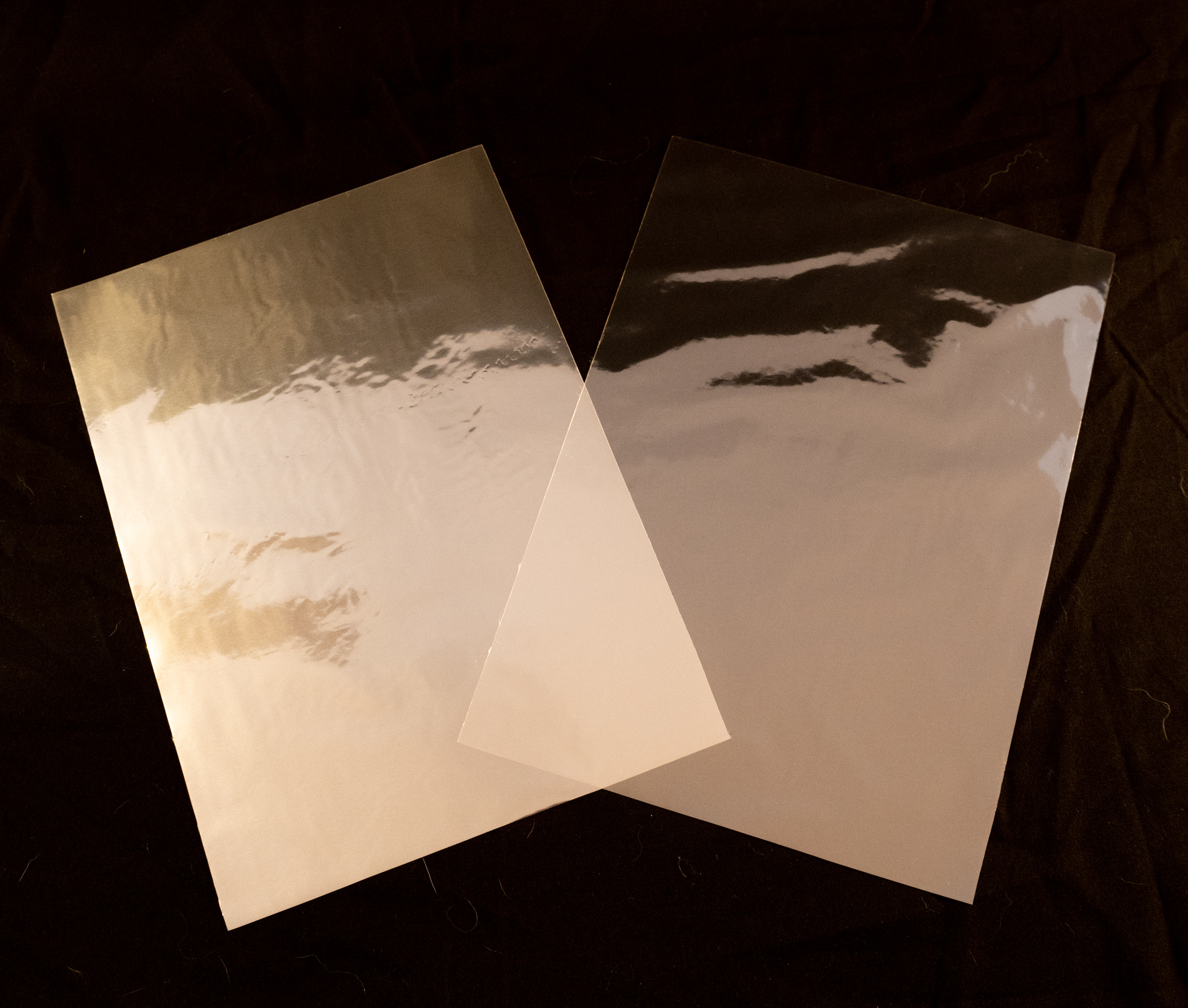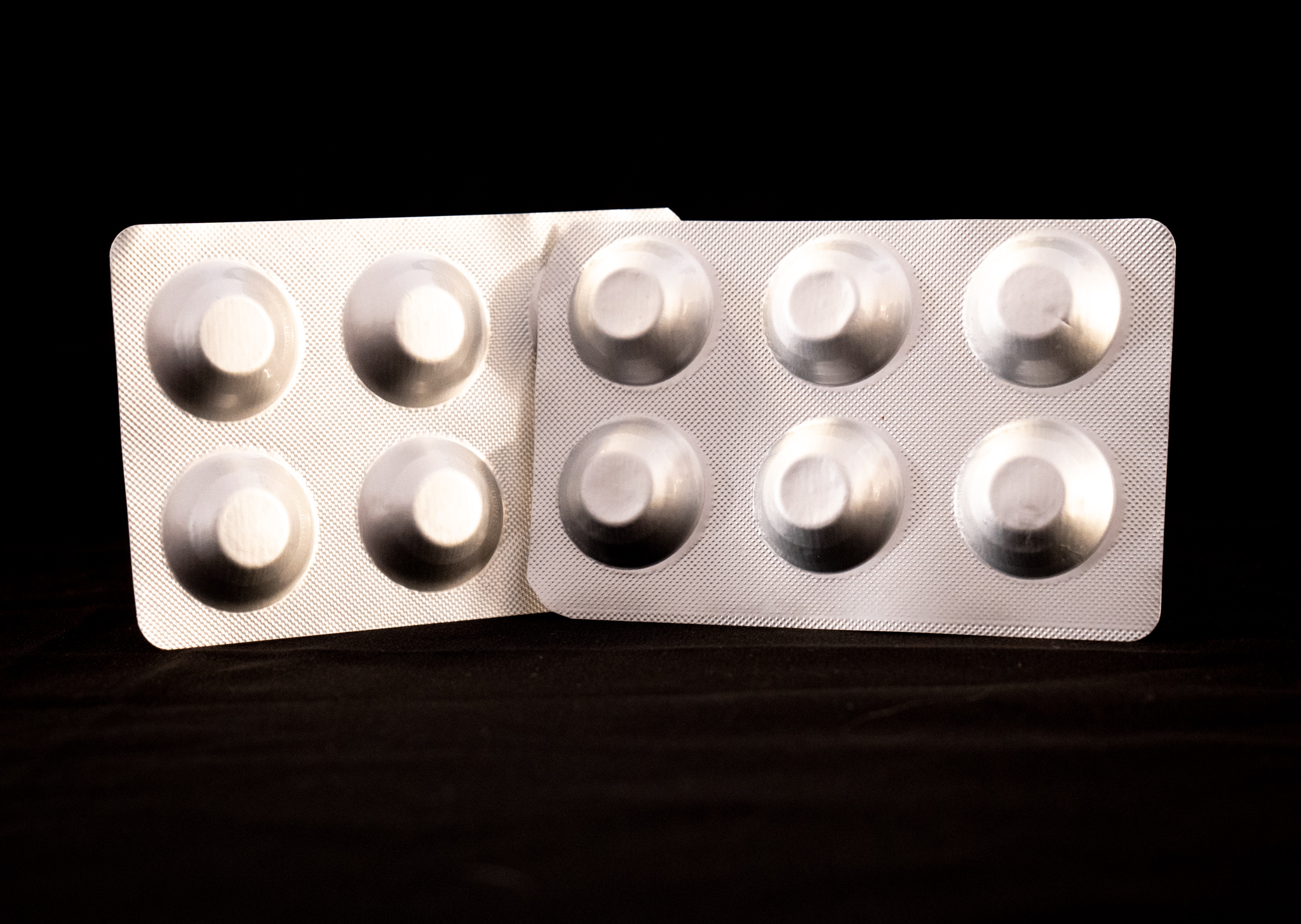Biodegradable BOPP films, BOPET blister-pack film earn 2021 AIMCAL Sustainability Awards

AIMCAL presented its 2021 Sustainability Award to Max Speciality Films India (Rupnagar, India) for a new line of biodegradable, biaxially oriented polypropylene (BOPP) films (see above).
The patent-pending films can be recycled in the PP waste stream but also reportedly decompose into harmless waxes when exposed to the outdoor environment (air, moisture, light and soil microbes), according to data provided by Max Speciality Films India. Bacteria and fungi digest the waxes, yielding water, carbon dioxide, and biomass. No plastic particles or harmful substances remain. A catalyst added to the film promotes the biotransformation and can be set at levels to initiate degradation in a timeframe ranging from six months to three years.
Testing by Impact Solutions (Grangemouth, UK) indicates the material meets the British Standards Institution specification, PAS 9017:2020 Plastics - Biodegradation of polyolefins in an open-air terrestrial environment. Options include heat-sealable and non-heat-sealable white, transparent, and opaque substrates for printable applications such as overwraps, pouches, and in-mold label stock. Metallized materials are under development.
After lengthy deliberation about how to define sustainability, members of the judging panel concluded this combination of recyclability and biodegradability is a significant innovation. Compatible with any polyolefin resin, “It’s a positive step toward more sustainable film options,” explained one member of the panel. “It’s not oxo-biodegradable chemistry and therefore doesn’t generate microplastics which are detrimental to the environment,” noted another judge. A third member of the panel predicted, “This biodegradable material could have a positive impact on litter worldwide.

The judges also awarded an Honorable Mention to FlexFilms (USA), Inc. (Elizabethtown, KY), the manufacturing arm of UFlex, Ltd. (Noida, India) for F-ISB-M biaxially oriented polyethylene terephthalate (BOPET) film and laminate structure for cold-forming blister packaging (see above). The patented and patent-pending material replaces traditional polyvinyl chloride (PVC) and/or Nylon layers with BOPET and combines a lower carbon footprint and cost with better manufacturability and simpler supply-chain management. It also satisfies a global trend to remove chlorine-containing materials from medical packaging.
The judges liked the simplified structure for cold-formed blisters, the elimination of PVC, and the positive environmental impact of a less complex supply chain.
More info: www.maxspecialityfilms.com, www.flexfilms.com, www.uflexltd.com